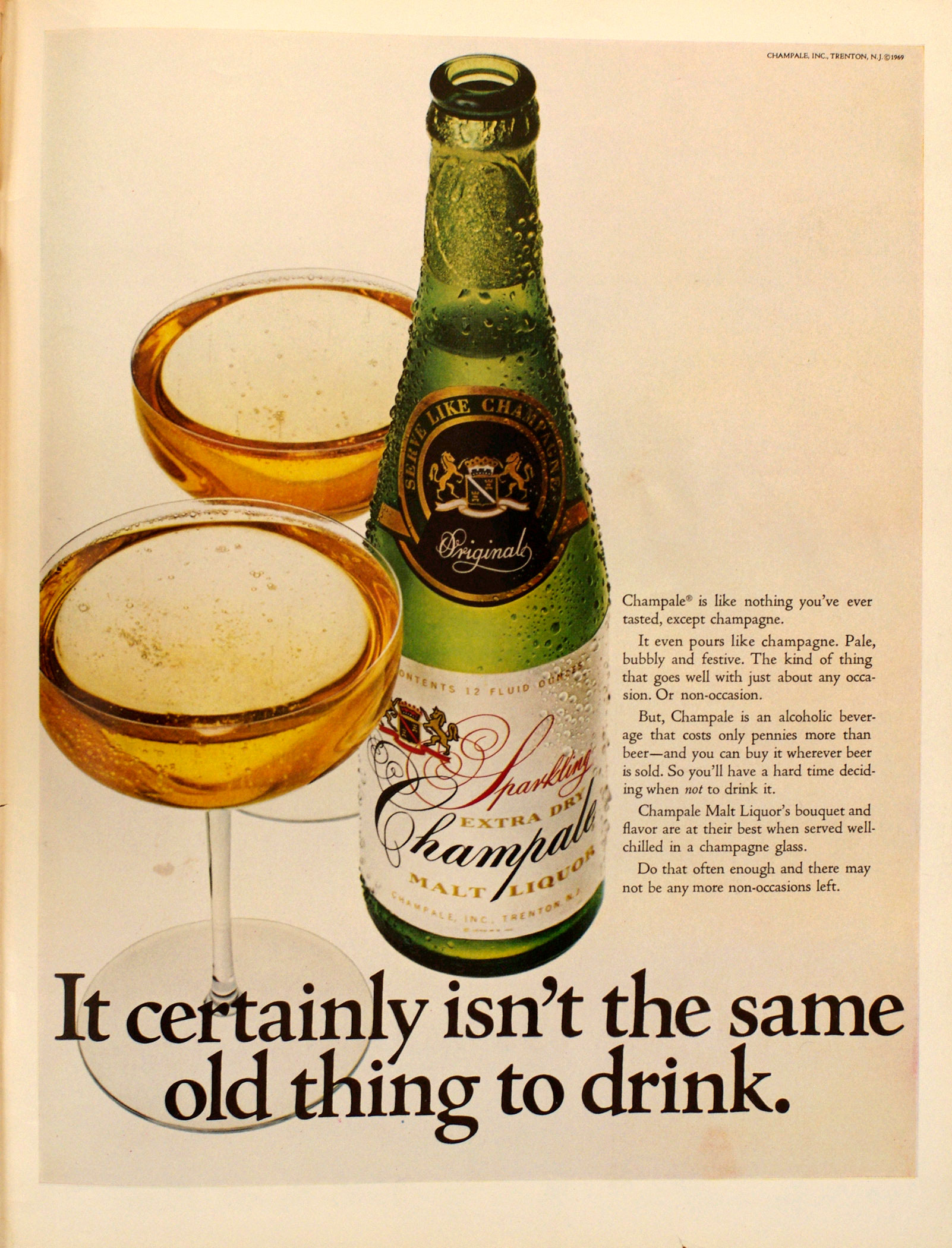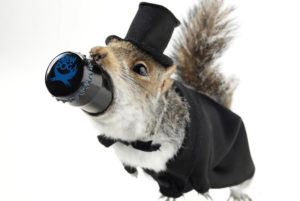Revered by the infamous Afroman in his single “Colt 45,” malt liquor has a reputation for being a beer (yes, a beer) that’s made cheaply, packed with alcohol, and sold in large quantities. You’ve been acquainted: the glass (sometimes plastic if you’re in a pinch) 40-ounce bottles that facilitate the easiest way to drink a night’s worth of beer, fast. As Afroman said, “Colt 45 and two zig-zags, baby that’s all we need.”
If not for drinking them at house parties, you’re probably familiar with some brands — Colt 45, St. Ides, Olde English, Mickey’s — because of their presence in popular culture. The measurement “40-ounces” has come to be as symbolic in popular music as grams and kilos.
The beer inside the big bottles is produced with a mix and match of either corn, rice, or dextrose (often called “adjuncts,” these simple carbohydrates are used to jack up the alcohol content while maintaining a lighter mouthfeel), bottled in glass or plastic, and has an alcohol content of anywhere between 6-9 percent ABV.
This high potency proved marketable, as evidenced by its rapid rise in popularity. You might remember, or have probably seen, Billy Dee Williams starring in the original, 1984 commercial for Colt 45 stating, “There are two rules to remember if you wanna have a good time: Rule #1, Never run out of Colt 45, Rule #2, Never forget rule #1.”
Unless you’re up on pop culture, specifically 80’s references, you might not immediately know who Billy Dee Williams is. A Google search returns a couple of things: he’s 79 (damn); starred in two Star Wars movies; one Batman movie; and was the face of Colt 45. If you’re too young to remember him, at least during his younger years, he was the definition of cool. He toed the line between urban and suburban, sexy and suave, popular enough to recognize and too cool to care. He was marketable to both black and white communities. He was a consensus contender for coolest man alive. And there was something revolutionary about his campaigns.
At the time, he was at his peak. After the release of arguably the two most popular Star Wars episodes just years before, Williams was on the cusp of superstardom; resting in the grey area of uniqueness and likeability. This ad was the first, at least one of the first, since the string of classy, admirable malt liquor ads in the 50s, 60s, and 70s, to be more street-savvy and edgy.

Before Williams, malt liquor was marketed as a refined beverage. Nesster/Flickr
When marketers discovered that the beverage was selling disproportionally well in majority black neighborhoods, they doubled down. The price dropped and the branding changed. There was a string of commercials in 90’s featuring Snoop Dogg, Biggie Smalls, Ice Cube, Wu-Tang Clan, and Cypress Hill. “Gangsta Rap” was in its golden era, and subtly in marketing was thrown out the window.
It all began with Country Club’s slogan: “Looks inviting, tastes exciting!” This phrase seemed innocent enough. Then, there was Colt 45’s: “It works every time.” Then, Midnight Dragon released an ad featuring a woman drinking from a straw with the words: “I could suck this all night,” beneath her. Then we heard Ice Cube mutter the words, “Get your girl in the mood quicker, get your jimmy thicker, with St. Ide’s malt liquor.”
None of this went unnoticed. Women’s groups reacted with protests and boycotts. Researchers and analysts identified this downgrade in advertisement as catering to and imprisoning the black community. The world watched as malt liquor, a beverage that once rested in champagne flutes at cocktail parties, brute forced its way to widespread recognizability, glory and, most importantly, sales.
Since its zenith, malt liquor has fallen, slowly, with the same rolling descent as a pinball falling between two paddles. It rests here now, in corner stores and bodegas, for cheap consumption and nostalgia. Music has gone the way of club drinking — champagne, Patron, ten Rosés and a few cold waters — and left malt liquor largely behind. Except for Billy Dee Williams. He never moved on.



